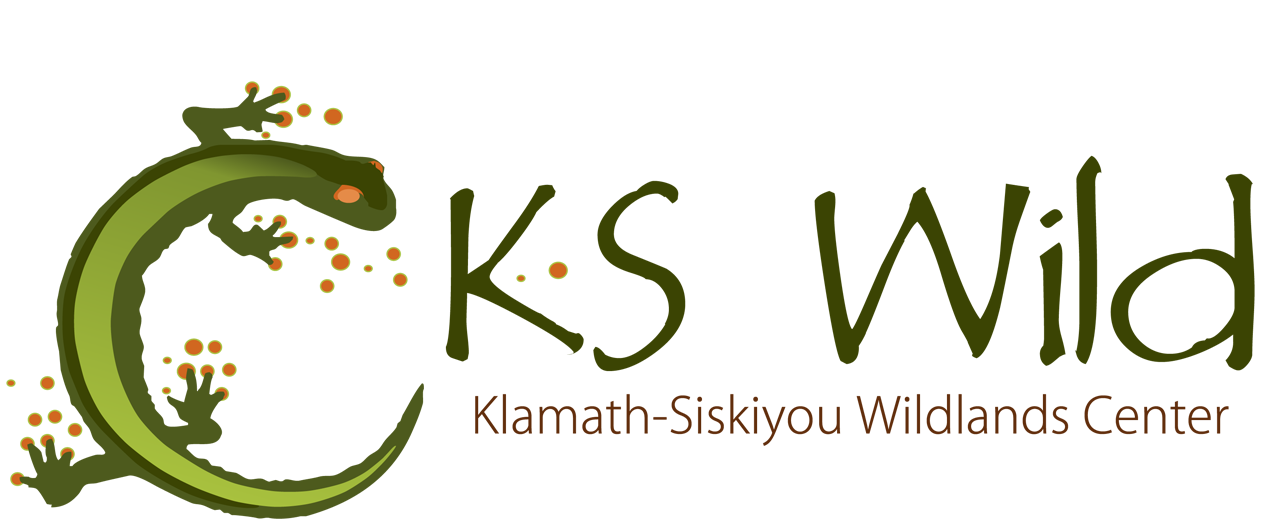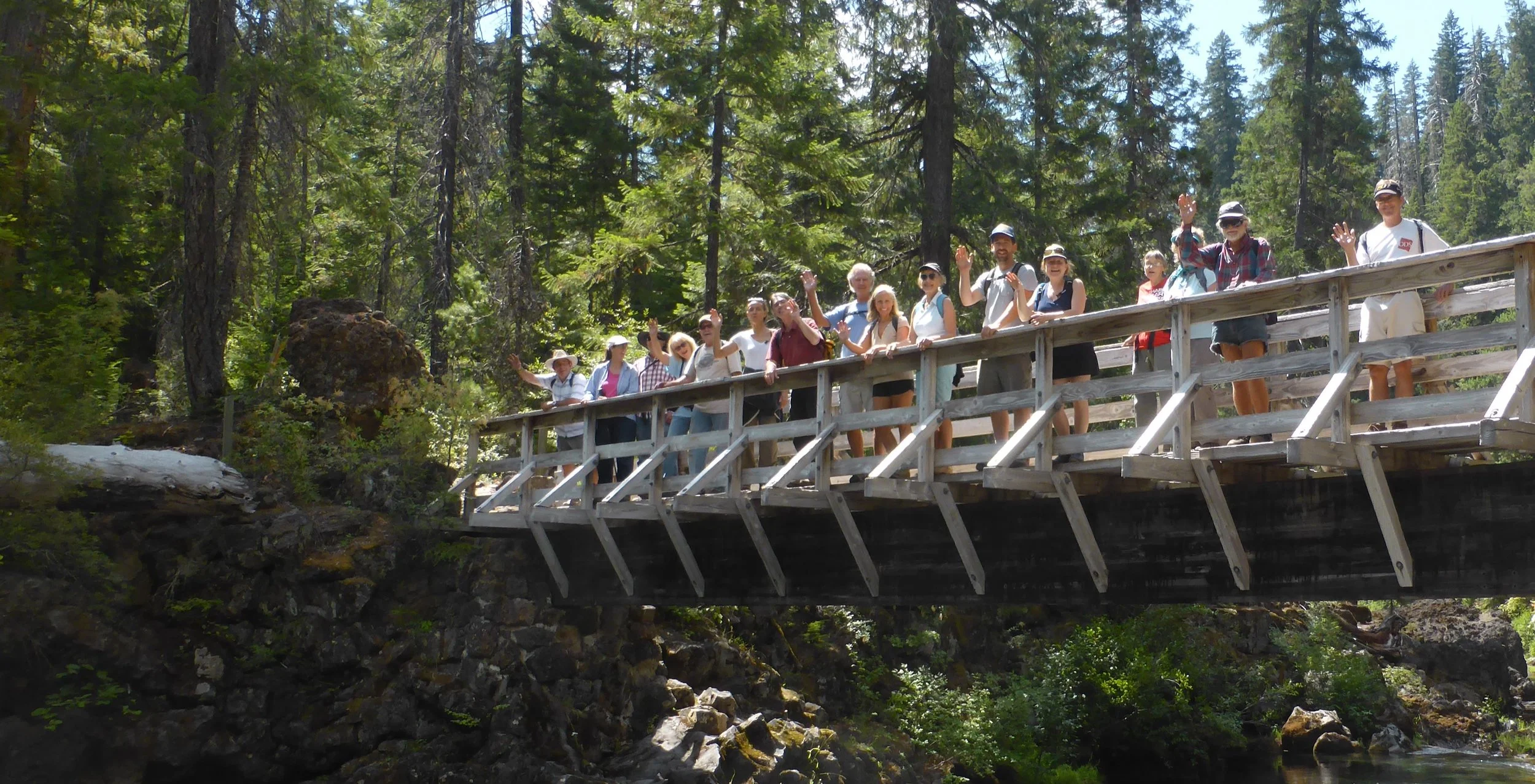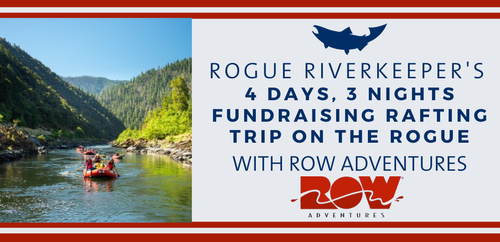Experience the Wild Klamath-Siskiyou
Join us for a hike or event and learn what makes this ecoregion so special!
If you need help filling out an event form please call Allee Gustafson, our Events and Volunteer Manager, at 541.488.5789, extension 1014.
Join Rogue Riverkeepes on the Wild & Scenic Rogue River for a fall! rafting trip. Learn more here!
First Friday Art Walk
Stop by the KS Wild and Rogue Riverkeeper office to enjoy the work of our featured artists while snacking and sipping with other supporters.
Interested in getting more involved with KS Wild?
Join an event from your home! We have 10 recorded videos from our year-long Love Where You Live webinar series.
Starting in Fall 2020, KS Wild hosted a guest speaker every month for a year to share their knowledge and experiences that highlight the unique qualities of the Klamath-Siskiyou—highlighting why we love where we live and why conservation in this region is important.
Scroll through and click the videos below to watch



















